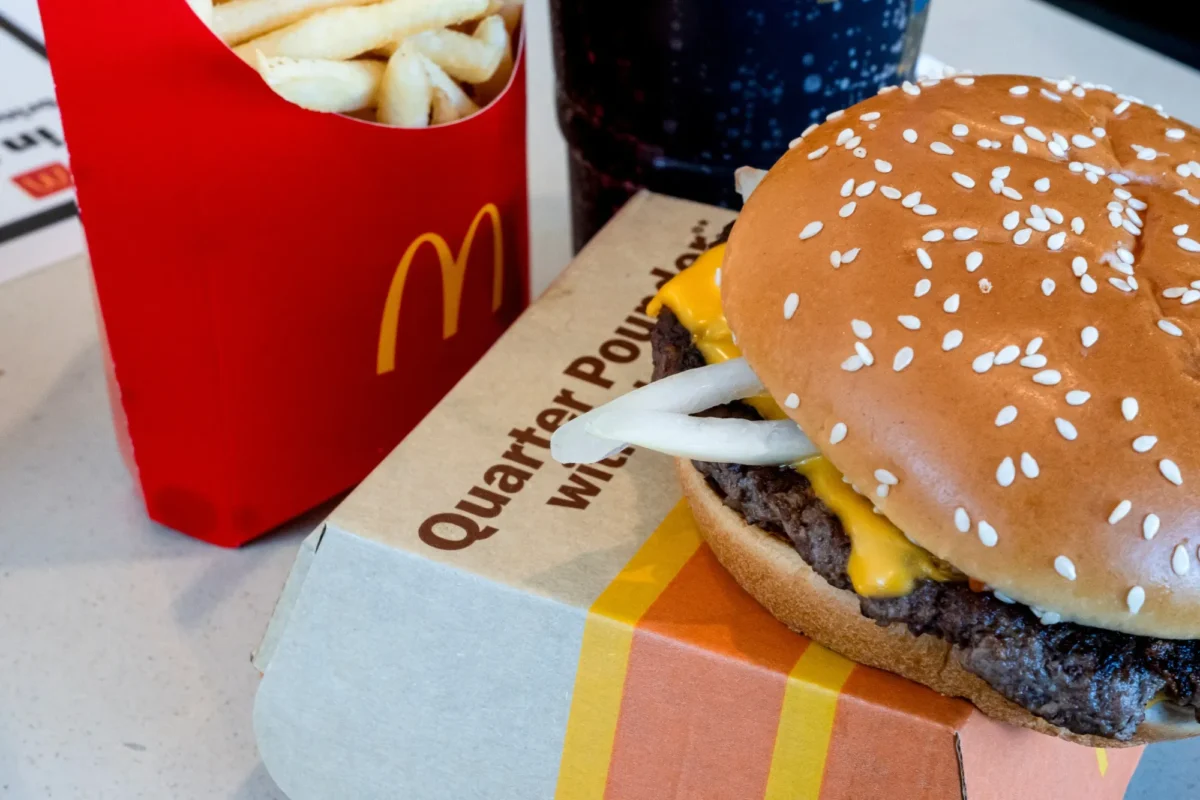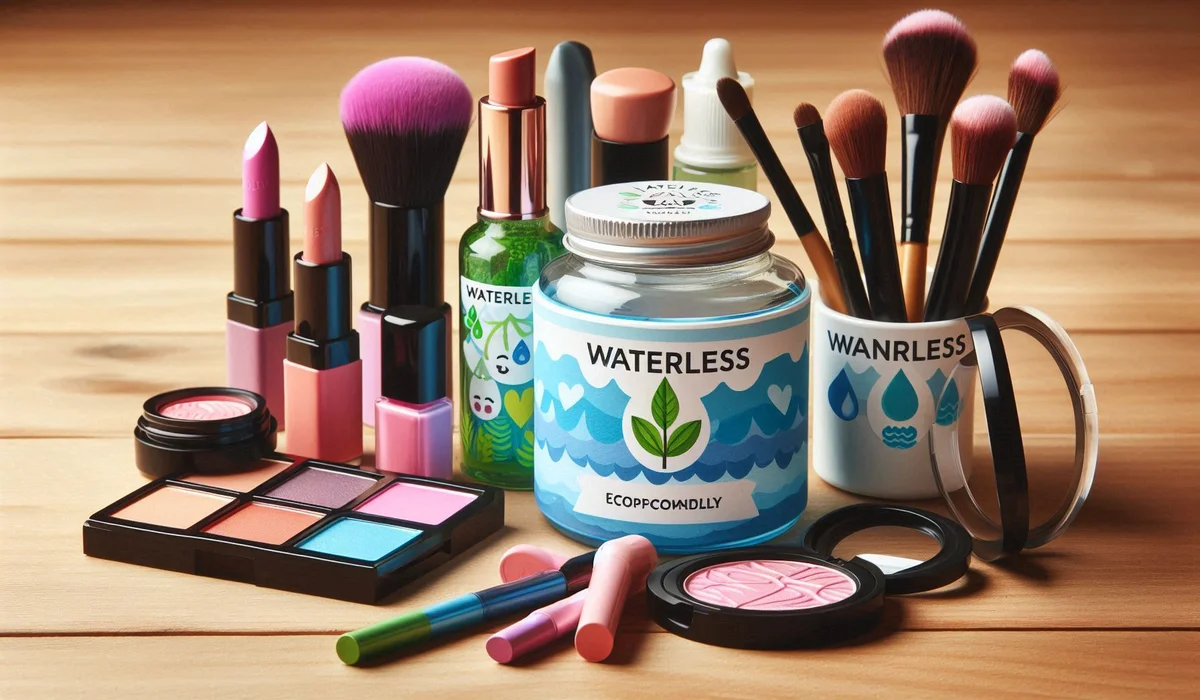McDonald’s is currently under scrutiny following a significant E. coli outbreak linked to Quarter Pounder hamburgers in the United States, resulting in severe health issues across multiple states and leading to the fast-food giant’s first lawsuit related to the incident. The E. coli outbreak linked to Quarter Pounder hamburger has already caused one fatality and affected almost 50 individuals across 10 states, with health experts projecting that the number of cases will continue to rise. This development not only raises questions about McDonald’s food safety practices but also serves as a critical reminder of the consequences of foodborne illnesses and the responsibilities of major food service providers.
Lawsuit Filed Against McDonald’s for Alleged Negligence in Food Safety
On October 11, the Texas-based law firm Ron Simon and Associates filed the initial lawsuit against McDonald’s in Cook County, Illinois for E. coli outbreak linked to Quarter Pounder. The lawsuit, representing Colorado resident Eric Stelly, alleges that McDonald’s negligence in its food safety practices led to severe health complications for the plaintiff. According to the lawsuit, Stelly purchased a Quarter Pounder from a McDonald’s restaurant in Breely, Colorado, and subsequently fell ill, experiencing nausea, stomach cramps, and other symptoms characteristic of E. coli infections. Medical tests later confirmed his diagnosis, which the Weld County Department of Public Health linked to the McDonald’s outbreak.
Stelly’s lawsuit seeks damages of USD 50,000 and holds McDonald’s accountable for manufacturing, distributing, and marketing what it describes as “defective and unreasonably dangerous products.”
CDC’s Investigation: Potential Link to Slivered Onions
The Centre for Disease Control and Prevention (CDC) have confirmed that the E. coli infections appear to be connected to McDonald’s Quarter Pounder hamburgers, with preliminary findings pointing towards slivered onions used in the product. Following this information, McDonald’s has taken precautionary measures by removing the Quarter Pounder from menus in states including Colorado, Kansas, Utah, and Wyoming, among others. In an effort to contain the E. coli outbreak linked to Quarter Pounder, McDonald’s also issued a public statement stressing that other beef products, such as Big Macs and Double Cheeseburgers, remain unaffected.
States Affected by E. coli outbreak linked to Quarter Pounder Recall:
- Colorado
- Kansas
- Utah
- Wyoming
- Idaho
- Iowa
- Missouri
- Montana
- Nebraska
- Nevada
- New Mexico
- Oklahoma
After the E. coli outbreak linked to Quarter Pounder hamburger was confirmed by CDC, McDonald’s has released a video statement from Joe Erlinger, President of McDonald’s U.S., clarifying that other menu items are unaffected by this product recall.
Understanding E. coli and Its Health Risks
E. coli infections are caused by bacteria found in contaminated food or surfaces, often resulting from improper food handling practices. Symptoms can include abdominal cramps, diarrhea (often bloody), nausea, and vomiting, and in severe cases, the infection can lead to kidney failure. Due to these potentially severe consequences, quick detection and proper food safety protocols are crucial in preventing large-scale outbreaks like the current McDonald’s incident.
Health Impacts:
- Stomach cramps
- Bloody diarrhea
- Vomiting
- Potential kidney failure in severe cases
The CDC warns that cases of E. coli outbreak linked to Quarter Pounder of McDonald’s are likely underreported, with additional cases anticipated as more individuals seek medical attention.
Legal Implications and Food Safety Accountability
The lawsuit against McDonald’s is likely to be one of many, with Ron Simon, the attorney representing Stelly, affirming that he is working with at least 10 other individuals affected by the outbreak. Simon has stated that through these lawsuits, his firm intends to ensure full compensation for the victims and to compel McDonald’s and its suppliers to address and correct the food safety issues that led to this outbreak.
This legal battle highlights the broader responsibilities of fast-food chains in adhering to strict food safety standards to protect public health. As the food industry grapples with increasing scrutiny over its handling of foodborne pathogens, this case serves as a reminder of the importance of rigorous supplier management, especially for perishable ingredients like slivered onions.
McDonald’s Response to the Crisis and Future Implications
McDonald’s has responded to the E. coli outbreak linked to Quarter Pounder by temporarily removing affected menu items and conducting an internal review to trace the contamination source. While these actions may mitigate immediate risk, the company faces lasting reputational challenges as it works to restore consumer trust. Going forward, McDonald’s and similar companies may need to adopt even stricter food safety protocols, particularly for ingredients prone to contamination, to prevent future incidents and maintain public confidence.
Food Safety Best Practices: Ensuring Consumer Protection
For food service providers, proactive measures are essential to prevent outbreaks. Key practices include:
- Supplier Audits: Regular checks on suppliers to confirm adherence to hygiene and safety standards.
- Temperature Control: Strict regulation of temperatures during transportation and storage to prevent bacterial growth.
- Cross-Contamination Prevention: Isolating high-risk ingredients to avoid cross-contamination within preparation areas.
- Employee Training: Ensuring that all staff understand food safety protocols, particularly in high-volume environments.
By adhering to these practices, fast-food chains can significantly reduce the risk of foodborne illness outbreaks, ultimately ensuring consumer safety and maintaining brand integrity.
Conclusion: The Path Forward for McDonald’s and the Fast Food Industry
The E. coli outbreak linked to Quarter Pounder from McDonald’s underscores the critical importance of stringent food safety standards across the fast-food industry. As McDonald’s navigates this crisis, its handling of the current lawsuits and consumer responses will likely influence its reputation and operational protocols for years to come. This case is expected to shape industry best practices and could prompt regulatory bodies to implement more rigorous safety checks.



